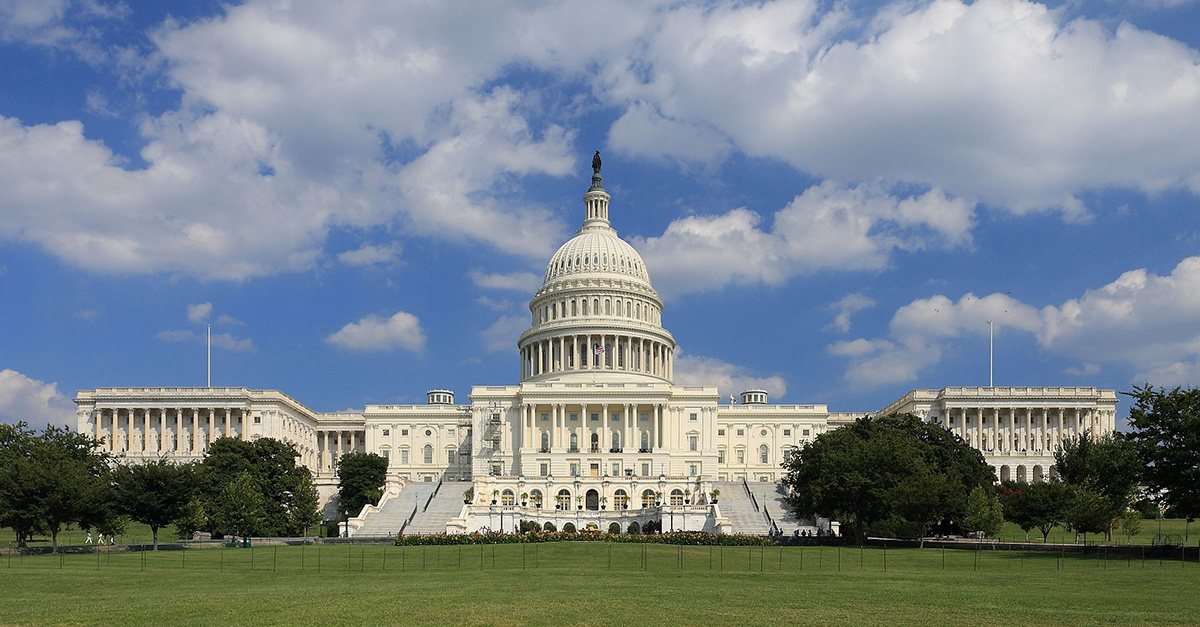Nov. 14, 2014
In a recent letter to Senate Majority Leader Harry Reid (D-NV) and Senate Minority Leader Mitch McConnell (R-KY), the National Business Aviation Association (NBAA) and several other aviation industry groups have reiterated their strong support for S.1893, the Transportation Security Acquisition Reform Act, and S.1804, the Aviation Security Stakeholder Participation Act.
“We are hopeful that the Senate leadership will recognize the importance of these two pending legislative initiatives and agree to full Senate consideration prior to the end of this legislative session – now planned for mid-December,” said Dick Doubrava, NBAA vice president of government affairs.

“Both bills were developed with significant input from our industries and represent important progress toward streamlining the Transportation Security Administration (TSA) acquisition process and improving decision-making by including industry stakeholders on issues affecting aviation security,” the Nov. 12 letter states. “These no-cost, common-sense bills would benefit the transportation industry by requiring TSA to conduct meaningful private-sector engagement and coordination, strategic planning and transparent technology procurements, which will save taxpayer dollars and strengthen security in the long term.”
The Transportation Security Acquisition Reform Act, introduced by Sen. Kelly Ayotte (R-NH), would help streamline the TSA acquisition process and allow for better congressional oversight of TSA resources. The act also would require the TSA administrator to report annually to Congress on TSA’s goals regarding contracting with small and disadvantaged businesses.
“Senator Ayotte’s bill would bring greater transparency to the TSA equipment acquisition program and provide budgetary cost-savings by minimizing costly deployment of equipment that does not provide the necessary performance for widespread deployment,” said Doubrava.
The Aviation Security Stakeholder Participation Act, introduced by Sen. Jon Tester (D-MT), would permanently establish an Aviation Security Advisory Committee (ASAC). That committee was established in 1989 in the wake of the crash of Pan Am 103 over Lockerbie, Scotland, but there have often been long breaks in its activity over the years. This act would improve decision-making within the agency by including industry stakeholders on issues affecting aviation security. More importantly, the act would create a permanent general aviation security subcommittee within the ASAC.
Versions of these two bills already passed the House of Representatives last December with overwhelming bipartisan support and were reported unanimously from the Senate Committee on Commerce, Science, and Transportation earlier this year.


 International Business Aviation Council Ltd.
International Business Aviation Council Ltd.